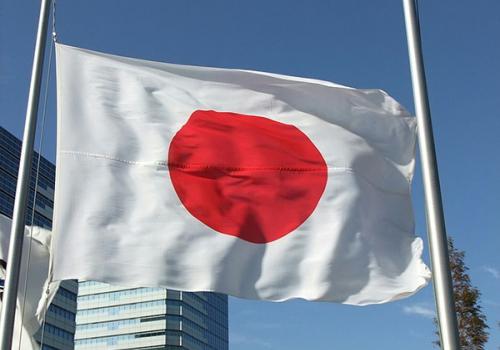Japan has drawn up an action plan to achieve its goal of boosting farm exports to ¥2 trillion by 2025 as it aims to make products such as wagyu and sake more competitive in the global market. The action plan designates 27 key agricultural, fishery and forestry items, also including apples and other fruit as well as seafood such as yellowtail and scallops, and sets export targets to be achieved by that year. It identifies specific markets where demand for the key items is high, and calls for efforts to better serve their needs. “We will support the development of production areas that specifically cater to the needs of export market countries, and set up processing facilities that comply with the regulations of those countries,” Prime Minister Yoshihide Suga said in mid-December at a Tokyo conference to promote farm exports.
For example, the action plan calls for increasing beef exports from ¥29.7 billion in 2019 to ¥160 billion in 2025. Hong Kong, Taiwan, the United States and the European Union are expected to be drivers of this growth. While wagyu, known for its tenderness and marbled fat, is already growing in popularity overseas, the plan calls for further efforts to promote the beef to a wider audience. Japan will aim to more than double yellowtail exports from ¥22.9 billion in 2019 to ¥54.2 billion in 2025, with the bulk of that growth coming from the United States, with China and Hong Kong also contributing. Exports of tea are planned to be increased from ¥14.6 billion to ¥31.2 billion, those of apples from ¥14.5 billion to ¥17.7 billion, and of sake from ¥23.4 billion to ¥60 billion, according to the action plan.
The government has set aside ¥9.9 billion in its initial budget for fiscal 2021 beginning next April to set the action plan in motion. The son of an Akita Prefecture strawberry farmer, Suga has followed his predecessor Shinzo Abe in seeking a shift to a more export-driven agricultural sector as domestic demand is expected to shrink along with Japan’s aging population. Beyond 2025, the government is aiming to further boost farm exports to ¥5 trillion in 2030.
